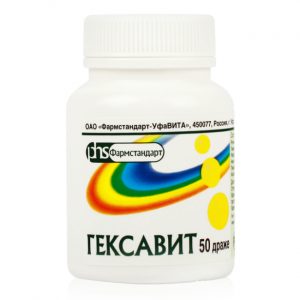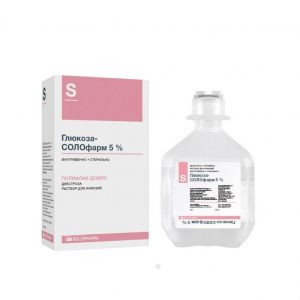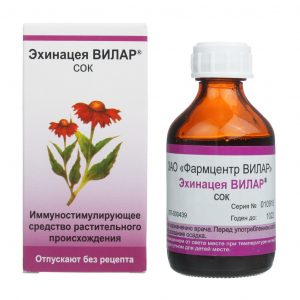Description
Latin name
CALCIUM GLUCONATE
Release form
Tablets.
packaging 20 pcs
Pharmacological action
Tablets Calcium gluconate have a deficiency of calcium, anti-inflammatory, antiallergic, hemostatic effect. Participates in the transmission of nerve impulses, the contraction of skeletal muscles and heart muscle, the formation of bone tissue, blood coagulation.
Indications
Hypofunction of the parathyroid gland, hypocalcemia, bleeding, allergic diseases, parenchymal hepatitis, toxic liver damage, nephritis, eclampsia, poisoning with salts of magnesium, oxalic acid (as an antidote).
Contraindications
Tendency to thrombosis, severe atherosclerosis, hypercalcemia.
Special instructions
A heavy drink is recommended to reduce the risk of developing nephrolithiasis.
Use in patients with impaired renal function: in patients with a slight hypercalciuria, decreased glomerular filtration or with a history of nephrolithiasis, administration should be carried out with caution and under control of the concentration of Ca 2+ in the urine.
Composition
1 tablet contains 500 mg calcium gluconate.
Dosage and administration
Calcium gluconate tablets are taken orally, before meals for adults – 1-3 g 2-3 times a day for children under 1 year old – 0.5 g 2-3 times a day, 2-4 years – 1 g, 5-6 years – 1-1.5 g, 7-9 years – 1.5-2 g, 10-14 years – 2-3 g 2-3 times a day.
Side effects
Nausea, vomiting, diarrhea, bradycardia.
Drug Interactions
Pharmaceutically incompatible with ethanol, carbonates, salicylates, sulfates (forms insoluble or sparingly soluble Ca 2+ salts). It forms insoluble complexes with tetracycline antibiotics (reduces the antibacterial effect). With simultaneous use with quinidine, it is possible to slow intraventricular conduction and increase the toxicity of quinidine. Slows down the absorption of tetracyclines, digoxin, oral iron preparations (the interval between their doses should be at least 2 hours). When combined with thiazide diuretics, it can enhance hypercalcemia, reduce the effect of calcitonin with hypercalcemia, and reduce the bioavailability of phenytoin.
Overdose
Symptoms: development of hypercalcemia.
Treatment: calcitonin, intravenously at the rate of 5-10 ME / kg / day (the drug is diluted in 500 ml of 0.9% sodium chloride solution, administered dropwise within 6 hours).
Storage Conditions
In a dark place at a temperature not exceeding 20 ° C.
Shelf life
8 years.
Deystvuyushtee substance
Kalytsiya gluconate
Terms and conditions
without prescription
dosage form
tablets
Possible product names
Calcium gluconate tablets 500 mg 20 pcs.
Pharmstandard-Leksredstva, Russia



